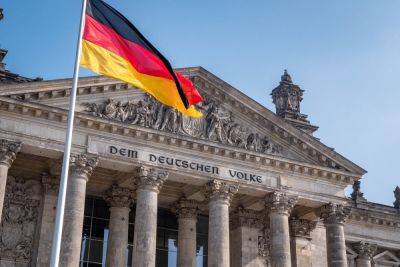Binance Faces Criticism Over Alleged Transactions with Blacklisted Russian Lenders
Binance is facing criticism for its alleged involvement in facilitating transfers to and from blacklisted Russian lenders.
According to a Tuesday report from The Wall Street Journal, the world's largest cryptocurrency exchange offered its customers the option to use five sanctioned Russian lenders, including Rosbank and Tinkoff Bank, for processing payments in peer-to-peer transactions.
Binance Angels, self-motivated representatives of the exchange, allegedly informed users via Telegram that the exchange was not imposing trading limits on Russian clients.
However, a company spokesperson for Binance has denied any association with Russian banks or participation in the peer-to-peer program.
The spokesperson clarified that Binance adheres to global sanctions rules, and enforces sanctions on blacklisted individuals, organizations, entities, and countries, denying them access to the Binance platform.
“Binance follows the global sanctions rules and enforces sanctions on people, organizations, entities, and countries that have been blacklisted by the international community, denying such actors access to the Binance platform,” a spokesperson told The WSJ.
Peer-to-peer transactions involve the direct buying and selling of cryptocurrencies between individuals, bypassing the exchange's pool of assets or market makers.
According to Russia's central bank, Russians conducted approximately $428 million per month in peer-to-peer transactions between October and March.
Binance's alleged efforts to circumvent Western sanctions imposed on Russia add to the growing list of allegations against the exchange.
The exchange has been entangled in legal battles in the United States and other jurisdictions, with the Commodity and Futures Trading
Read more on cryptonews.com























